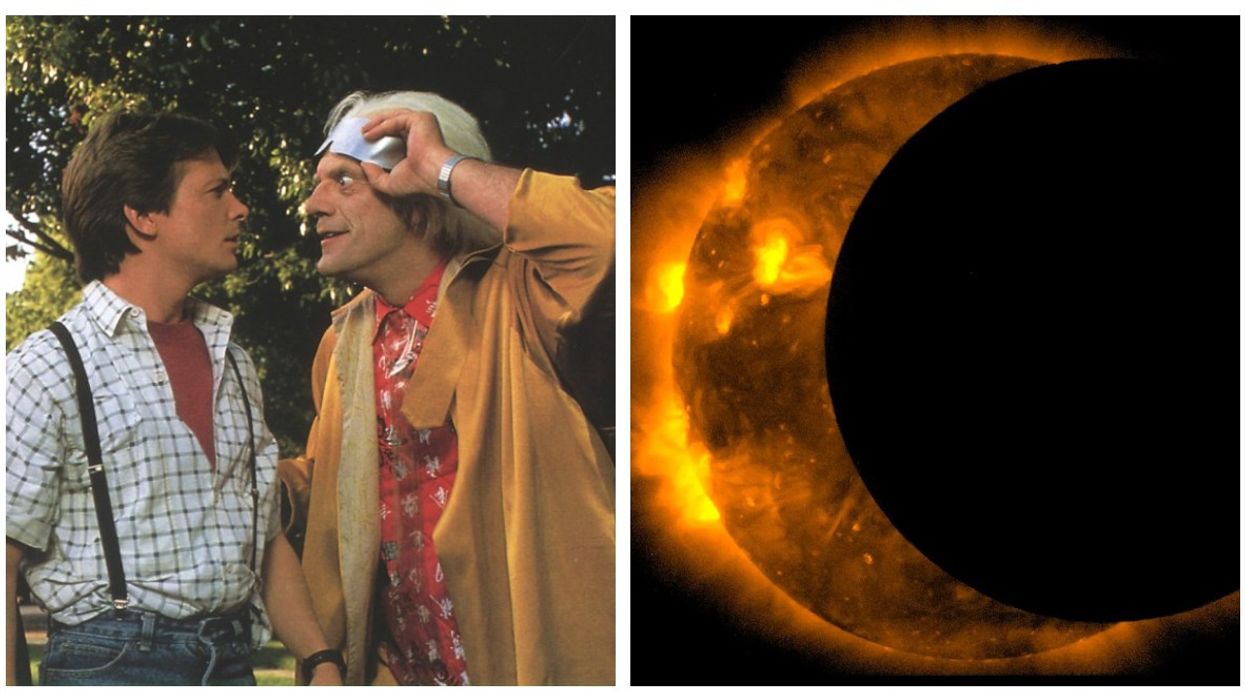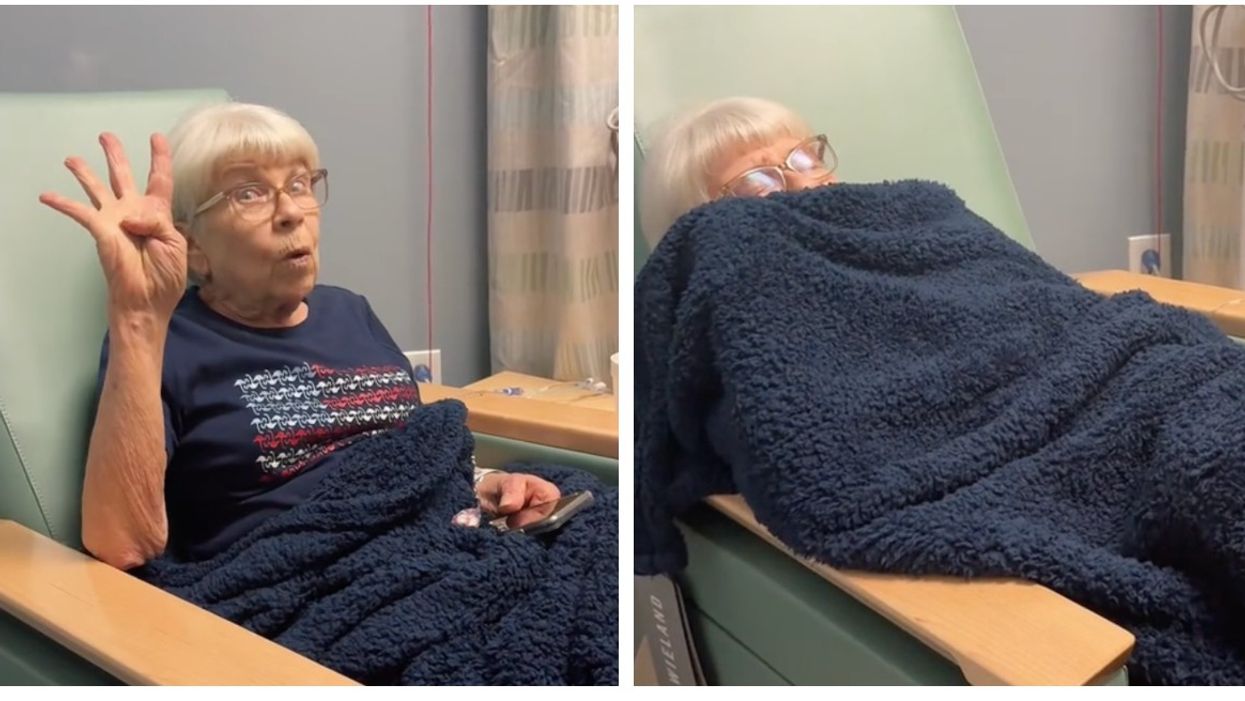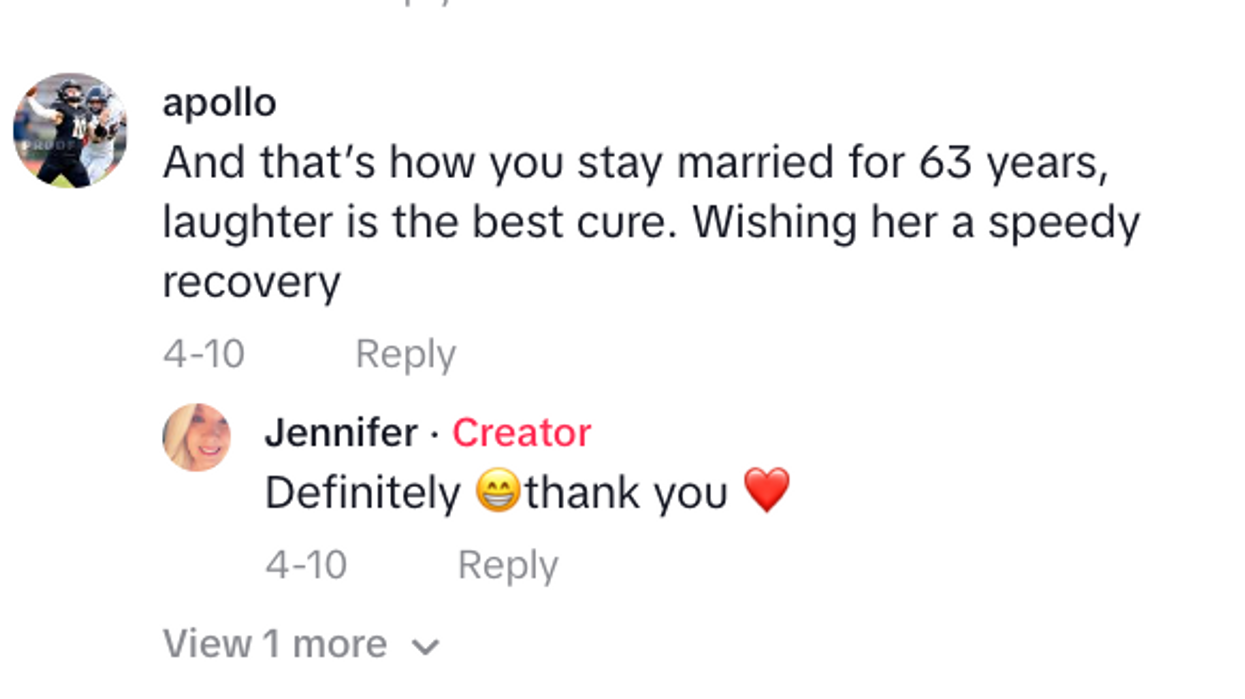
Beyond the Sun: 6 Unexpected Reasons You Need Vitamin D
As summer is entering its last few weeks of high season, you might be mourning the sun already. Especially if you happen to live in areas of the globe where it gets cooler faster, you may struggle with a lack of vitamin D as soon as fall rears its chilly temperatures.
While the bright blue sky and its rays are definitely a source of this all-important supplement, it’s not the only way we consume it. And though we already know how it does wonders for our happiness and mood, vitamin D also has a laundry list of underrated benefits you might not realize.
Here's what you need to know about how Vitamin D:
1. Vitamin D isn’t a vitamin — it’s a hormone
The name "vitamin D" is actually misleading, if you ask dermatologist Dr. Pamela M. Carr. In fact, it’s a hormone that’s produced in our liver and kidneys.
Our bodies creates 90 percent of the vitamin D levels, while our diets contribute the rest. “The body makes Vitamin D in a chemical reaction when sunlight hits the skin,” she explains.
When we aren’t in the hayfever of 70-something days, she says we can take supplements to make up the rest since our system isn’t cranking it out normally.
2. It helps you look younger
Though there is no fountain of youth that can be bottled up, vitamin D does work wonders for your overall skin condition, glow, and age.
In other words: products that feature vitamin D as a leading ingredient contribute to skin cell growth, repair, and metabolism, according to Inna Knyazevych, an esthetician at InGlo Medspa.
When you don’t get enough vitamin D? Your pores will let you know, too.
“Vitamin D deficiency can lead to your skin becoming thinner and more fragile,” Knyazevych explains. “It will begin to sag from inadequate support and dryness and wrinkles will gradually set in.”
3. It’s an anti-inflammatory superstar
If you’re someone who suffers from inflammatory conditions like psoriasis and rosacea, topical agents that contain vitamin D will help alleviate your symptoms, according to board-certified dermatologist Dr. Janet Prystowsky, MD, PhD.
It will soothe your pores and diminish the pain, as well as shorten your recovery time between breakouts. Some patients who suffer from very low blood levels have seen an improvement in their energy levels, too, too.

4. It’s good news for our bones
Remember those "Got Milk?" advertisements from the early 2000’s featuring Britney Spears, Brooke Shields and other celebrities? Considering vintage these days, they were promoting the key ingredient of vitamin D that’s found in this breakfast beverage.
Why is it so important? Dr. Carr says nearly every cell in our body is a receptor for vitamin D and it affects many functions. Ensuring we balanced levels will maintain our vitality.
“The right amount of Vitamin D helps make calcium available for strong healthy bones. But too little Vitamin D raises the risk of cardiovascular disease, depression, a poorly functioning immune system, diabetes and multiple sclerosis,” Carr warns.
5. It builds our muscles
For frequent gym-goers, a healthy amount of vitamin D can maintain your muscle strength — and help you recover faster post-workout. As Dr. Kachiu C. Lee, MD MPH explains, this is true starting from a young age, since children with hereditary vitamin D deficiency have profound muscle weakness and are often prescribed a vitamin D supplement to alleviate their struggles. To ensure you’re feeding your bod what it needs, Dr. Lee suggests an orange-juice based smoothie after your next fitness session.
6. It could fight against colon cancer.
According to Dr. Lee, 17 studies that researched 5,700 people with colon cancer and 7,100 without it found an association between low vitamin D levels and this specific strain of illness.
Though it’s unclear what the mechanisms are behind it, Dr. Lee says it’s never a bad idea to maintain healthy levels of this hormone, especially if it could give you a helping hand against serious diseases.


















 Old photobooth strip of Nana and Papa@jennjensc/TikTok
Old photobooth strip of Nana and Papa@jennjensc/TikTok An elderly woman sits in chair with blue blanket while doing chemotherapy.@jennjensc/Tiktok
An elderly woman sits in chair with blue blanket while doing chemotherapy.@jennjensc/Tiktok screenshot of a comment on TikTok@jennjensc / TikTok
screenshot of a comment on TikTok@jennjensc / TikTok











